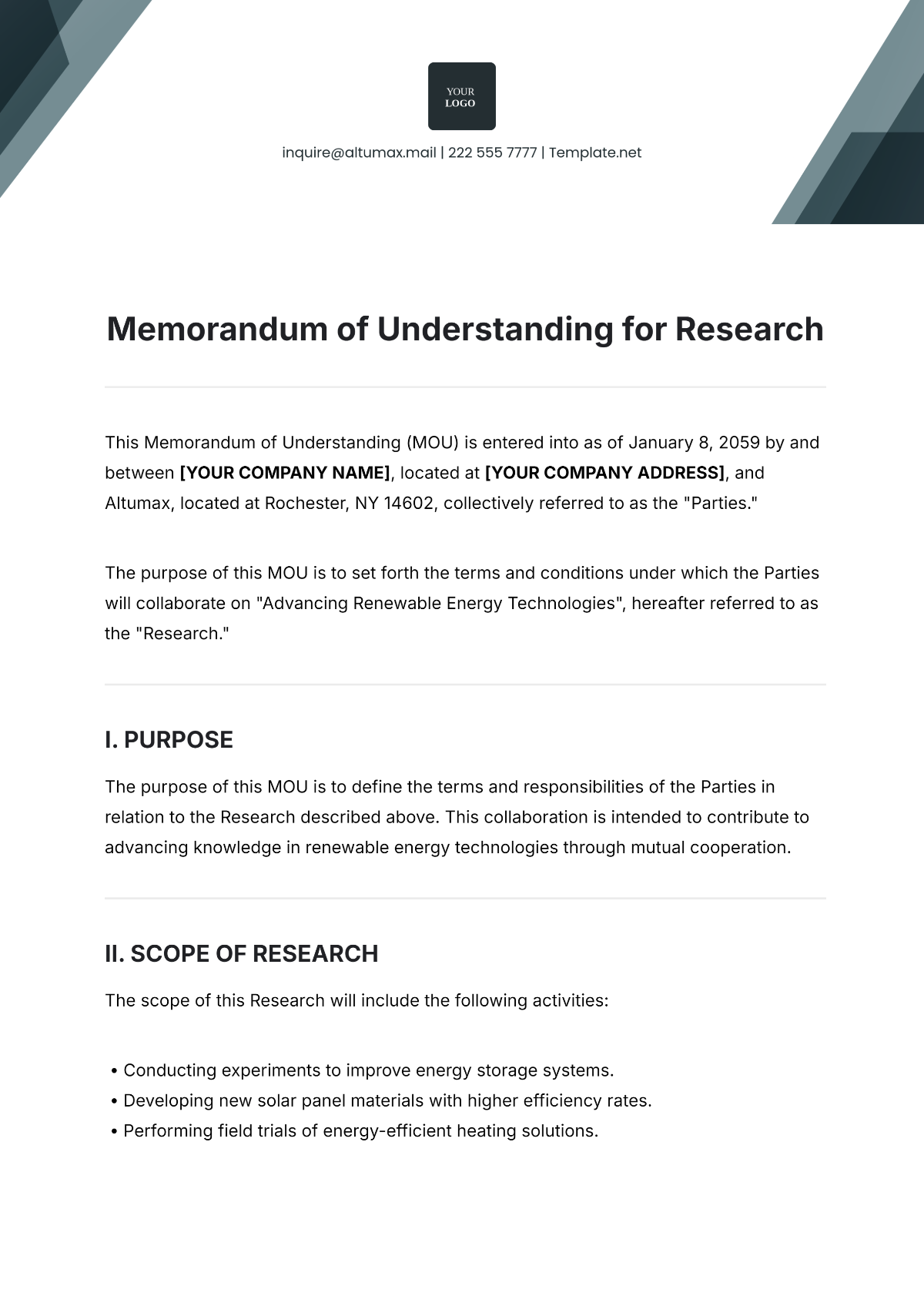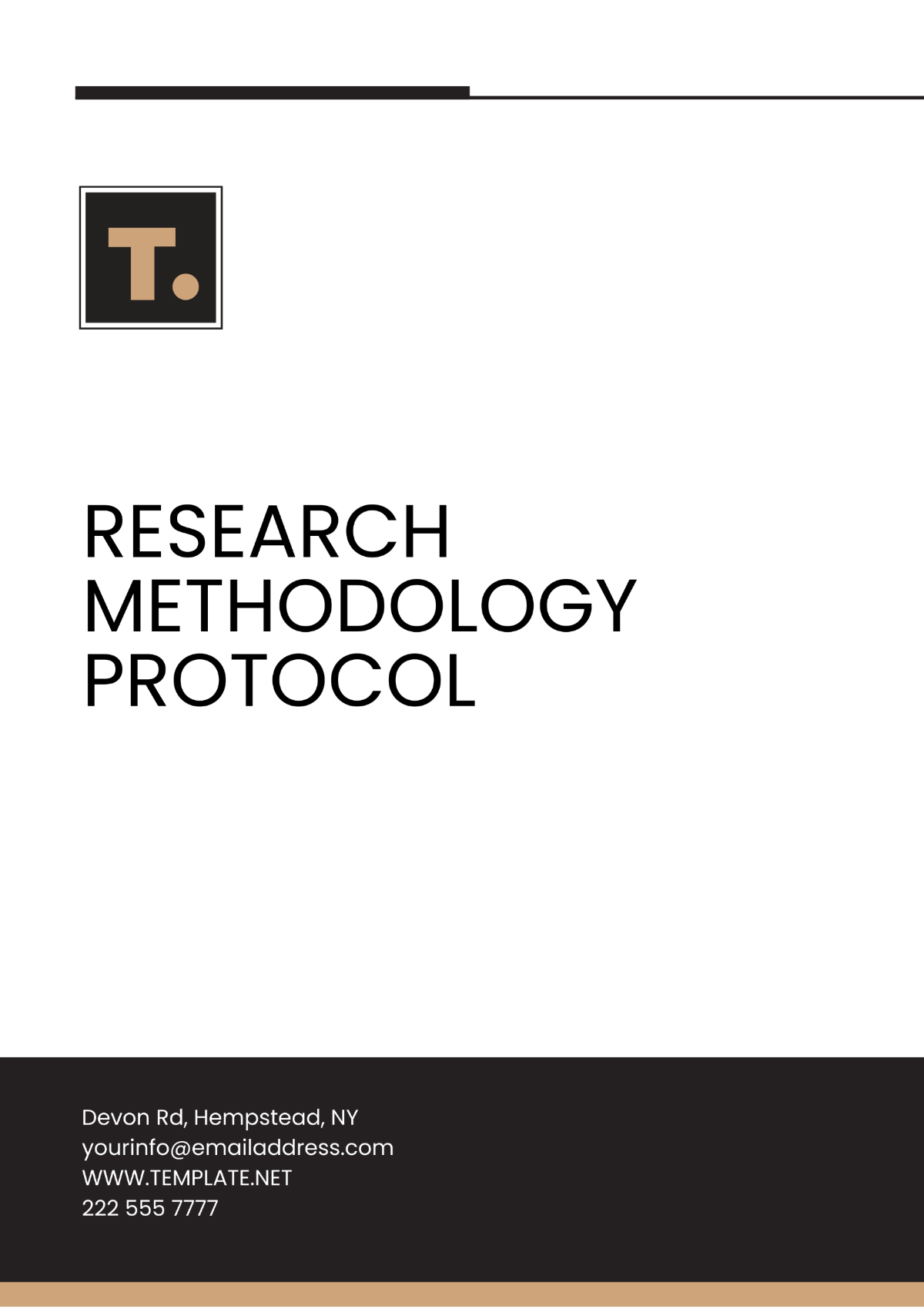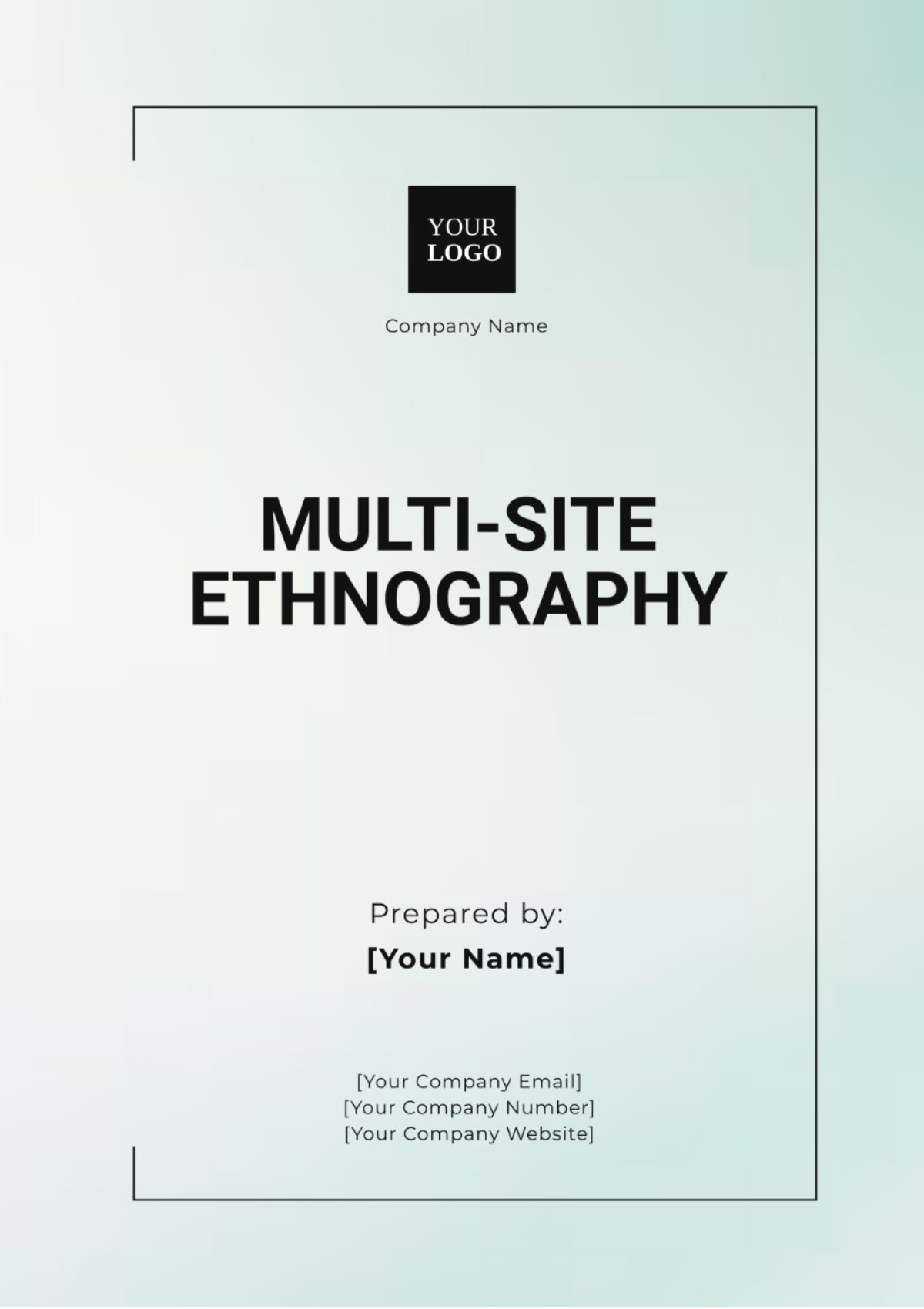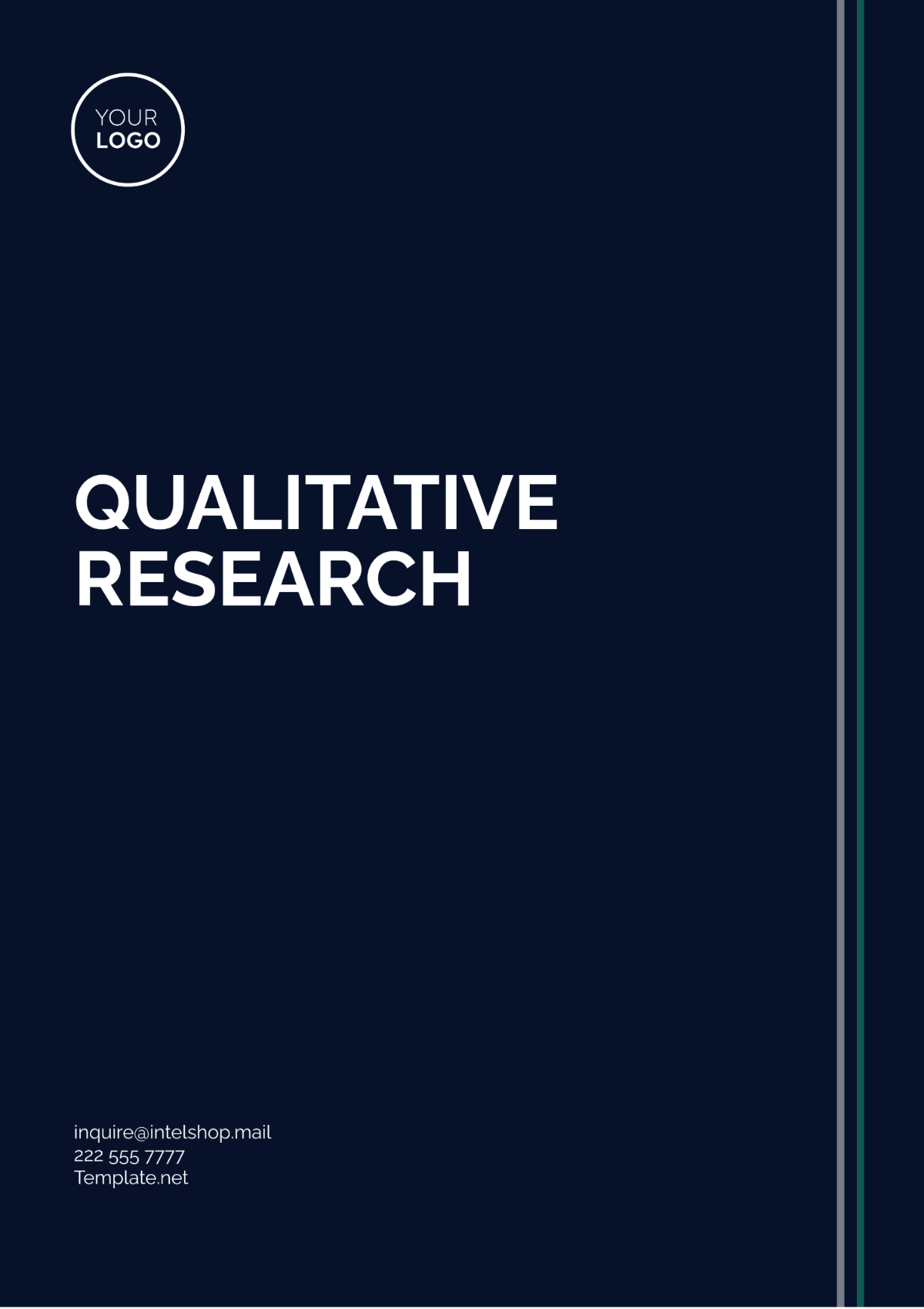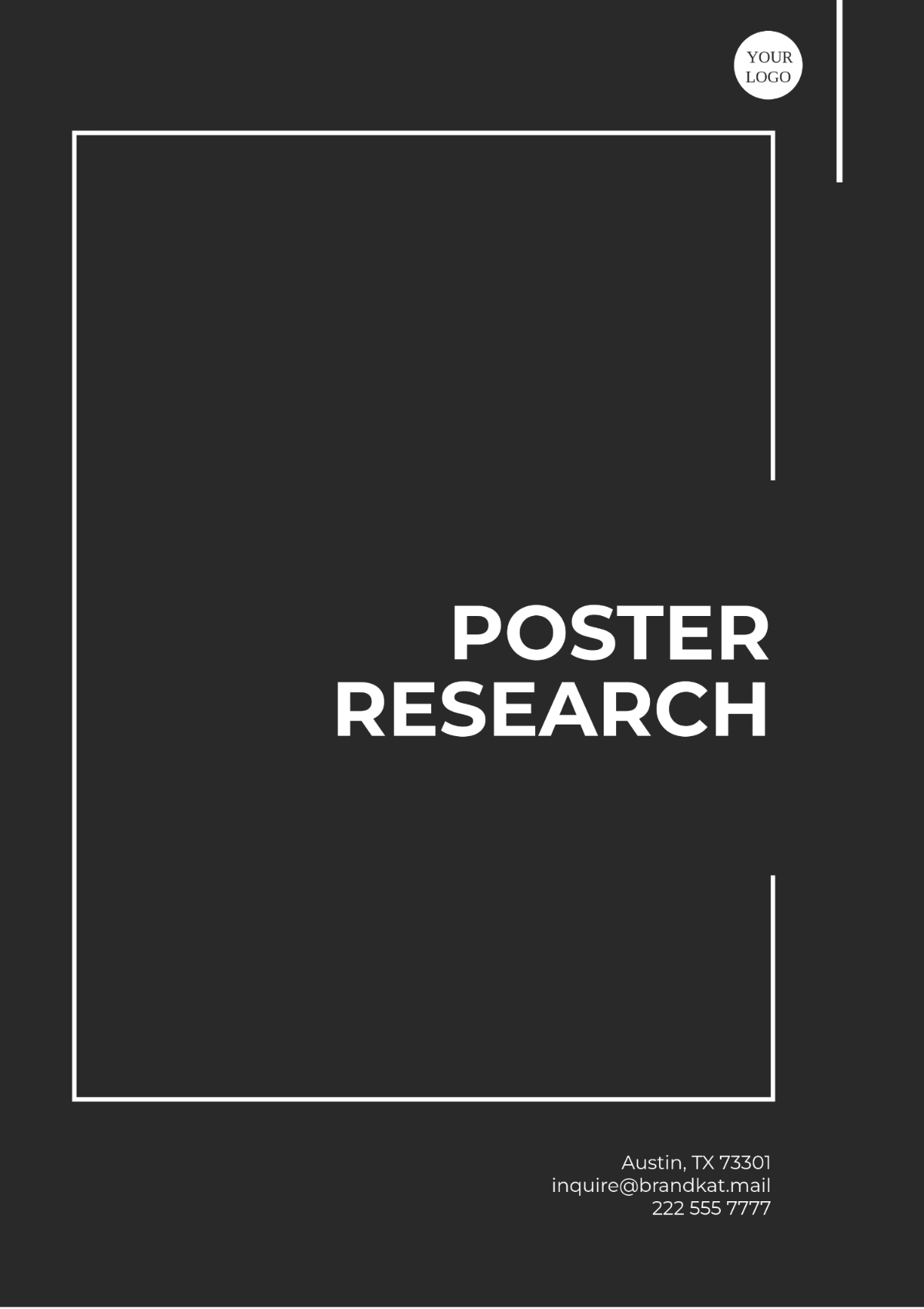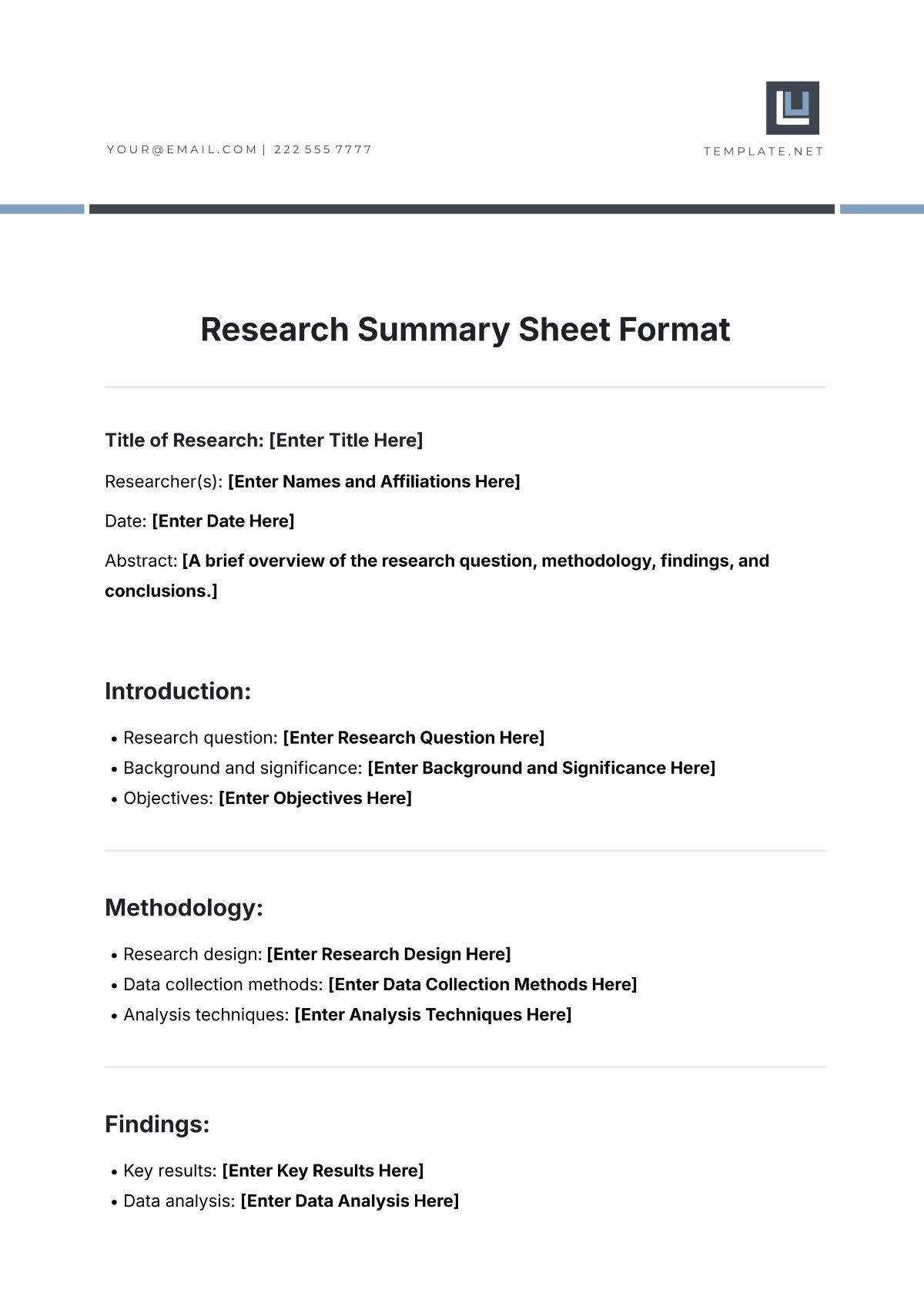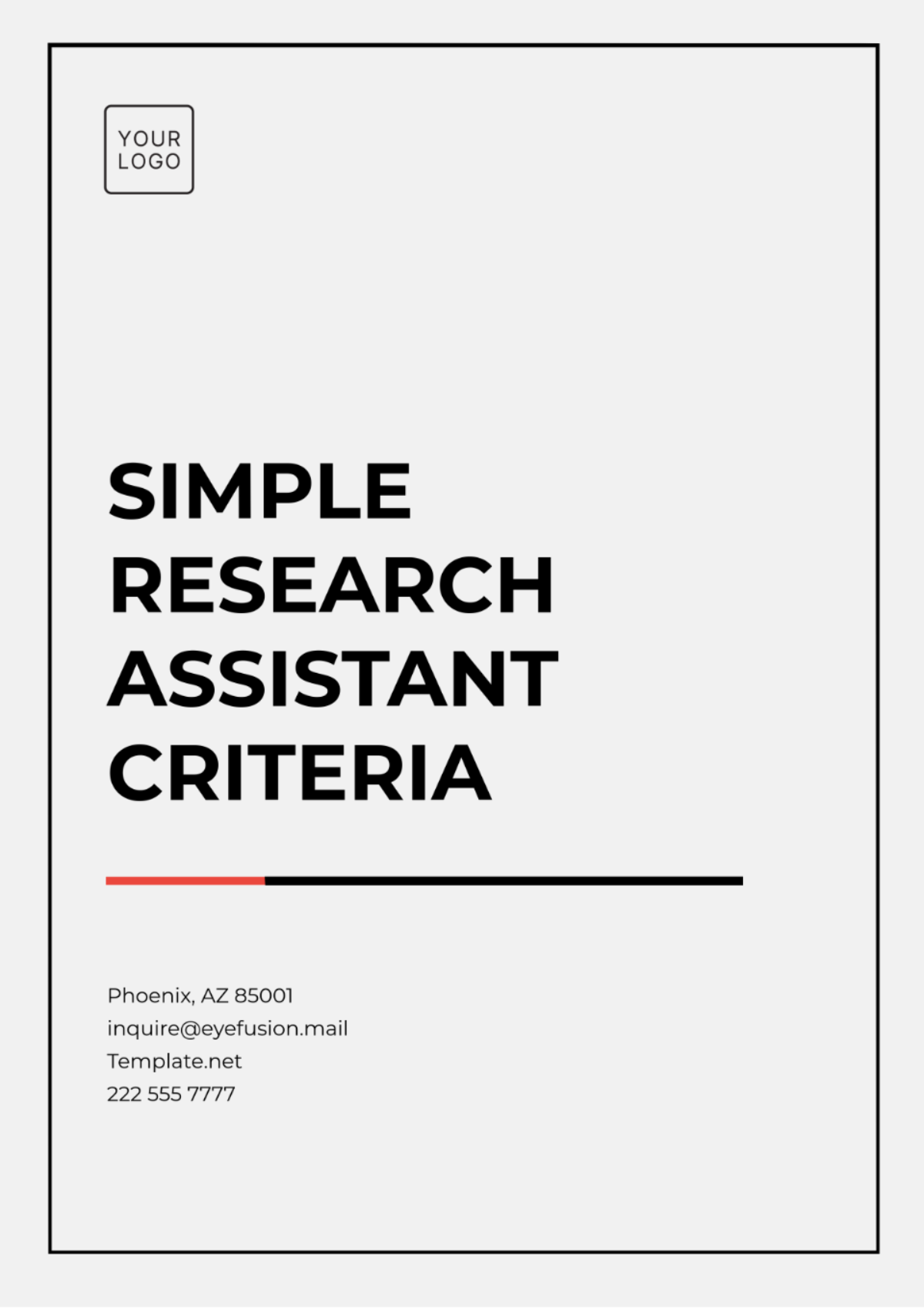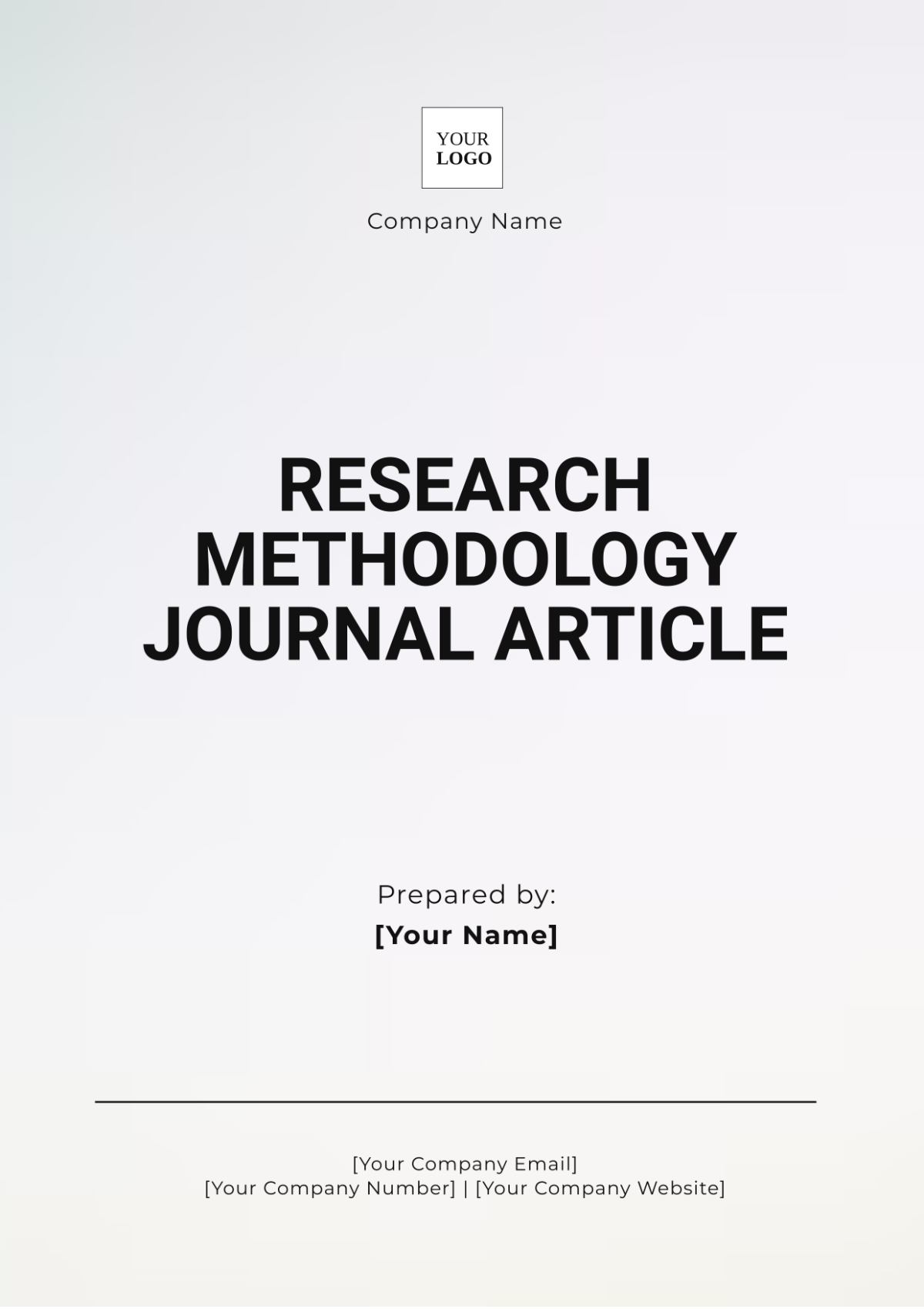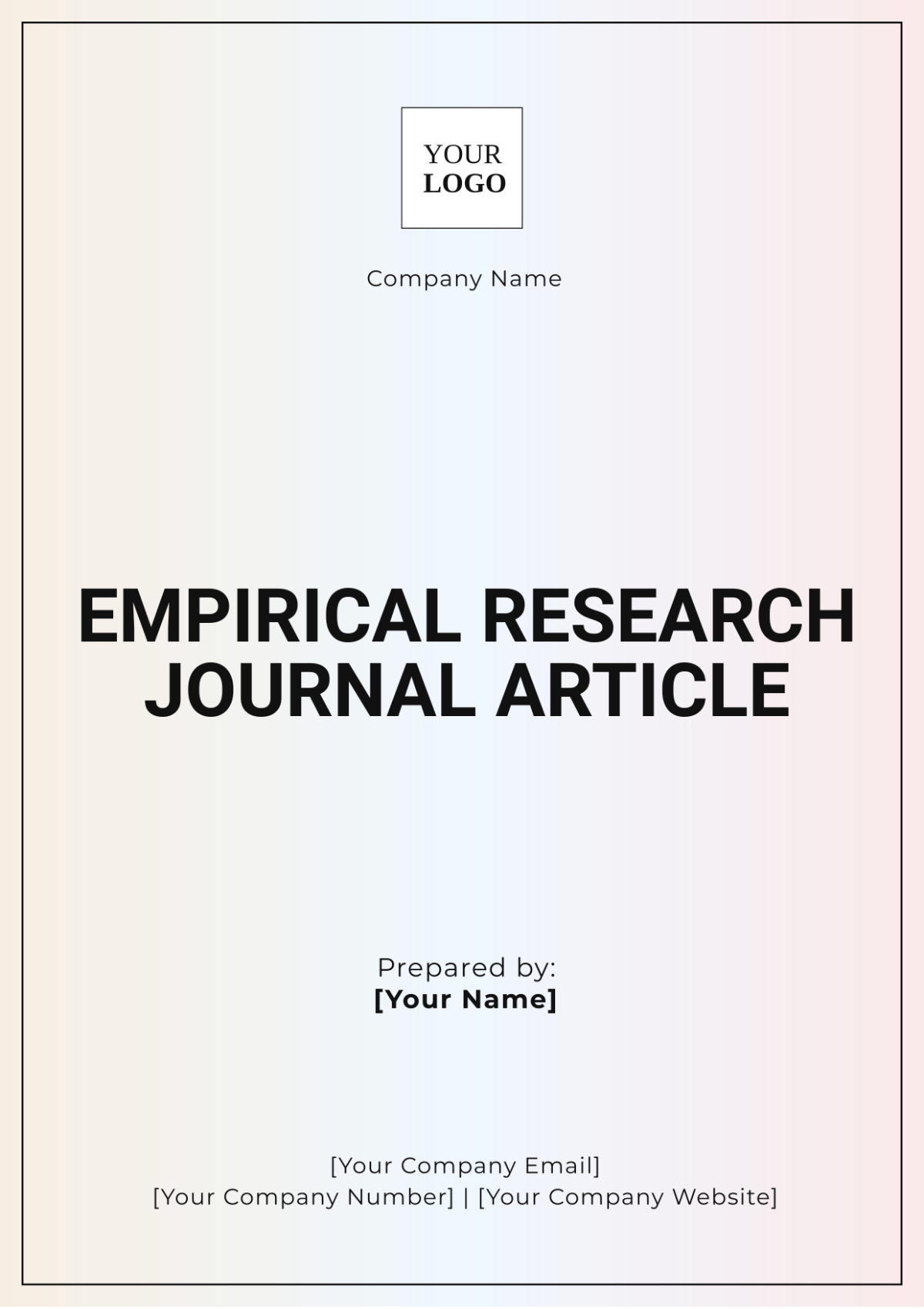Free Theoretical Framework Qualitative Research Template
Theoretical Framework Qualitative Research
A theoretical framework in qualitative research is a structured approach that outlines the key theories and concepts guiding a study. It provides a lens through which researchers interpret and analyze their data, helping to anchor their findings within established academic discourse. This framework sets the foundation for understanding and explaining the research phenomena.
I. Introduction
Qualitative research often deals with complex, nuanced questions that require a structured yet flexible approach. A theoretical framework serves as this structure, offering researchers a way to organize their thoughts, analyze their data, and coherently present their findings.
II. Key Theories and Concepts
The foundation of a theoretical framework includes key theories and concepts that are relevant to the research question. These may include:
Constructivism
Phenomenology
Symbolic Interactionism
Grounded Theory
Critical Theory
III. Importance of a Theoretical Framework
A theoretical framework is crucial for several reasons:
Guides research design and methodology
Helps in data interpretation
Anchors findings within the existing literature
Provides focus and direction to the study
IV. Developing a Theoretical Framework
Developing a theoretical framework involves several steps:
Identify key concepts and theories relevant to the study.
Review existing literature to understand how these concepts have been previously used.
Define and contextualize the chosen theories within the scope of your research.
Integrate these theories into the research design and methodology.
V. Application in Data Analysis
During data analysis, the theoretical framework helps in:
Categorizing data based on the established theories
Interpreting findings in light of the theoretical background
Ensuring consistency and coherence in data interpretation
VI. Example: Theoretical Framework in a Study on Social Media Use
Theory | Concepts | Application |
|---|---|---|
Constructivism | Social interaction, knowledge construction | Understanding how users construct their online identities |
Symbolic Interactionism | Symbols, meanings, interactions | Interpreting the symbolic interactions on social media platforms |
VII. Conclusion
A theoretical framework is indispensable in qualitative research. It offers a structured approach to guide the research process, enabling the researcher to interpret and analyze data effectively. By anchoring the findings within established academic discourse, a theoretical framework ensures the study's contributions are meaningful and grounded in existing knowledge.
VIII. References
Referencing in APA style:
Glaser, B. G., & Strauss, A. L. (2050). The Discovery of Grounded Theory: Strategies for Qualitative Research. Aldine Publishing.
Charmaz, K. (2050). Constructing Grounded Theory: A Practical Guide through Qualitative Analysis. Sage Publications.
Creswell, J. W. (2050). Qualitative Inquiry & Research Design: Choosing Among Five Approaches. Sage Publications.
Referencing in MLA style:
Glaser, Barney G., and Anselm L. Strauss. The Discovery of Grounded Theory: Strategies for Qualitative Research. Aldine Publishing, 2050.
Charmaz, Kathy. Constructing Grounded Theory: A Practical Guide through Qualitative Analysis. Sage Publications, 2050.
Creswell, John W. Qualitative Inquiry & Research Design: Choosing Among Five Approaches. Sage Publications, 2050.













